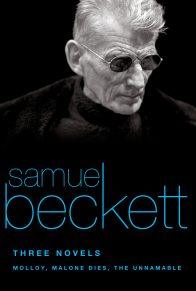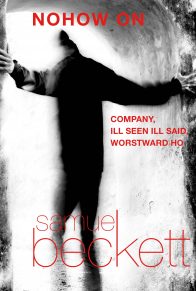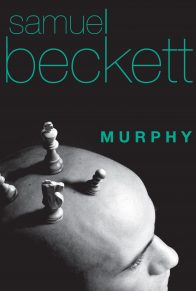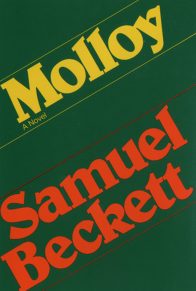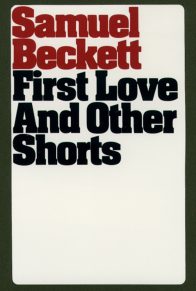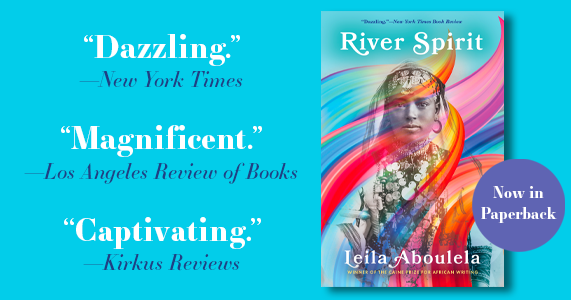HE COULD HAVE shouted and could not. The buffoon in the loft swung steadily on his stick and the organist sat dreaming with his hands in his pockets. He spoke little, and then almost huskily, with the low-voiced timidity of a man who shrinks from argument, who can reply confidently to Pawn to King’s fourth, but whose faculties are frozen into bewildered suspension by Pawn to Rook’s third, of the unhappy listener who will not face a clash with the vulgar, uncultivated, terribly clear and personal ideas of the unread intelligenzia. He indeed was not such a man, but his voice was of such a man; and occasionally, when he chanced to be interested in a discussion whose noisy violence would have been proof against most resonant interruption of the beautifully banal kind, he would exercise his remarkable faculty of whispering the turmoil down. This whispering down, like all explosive feats of the kind, was as the apogee of a Vimy Light’s parabola, commanding undeserved attention because of its sudden brilliance.
The actual imposition of silence by an agent that drifted off itself into silence a few tables away was merely the easy climax of a long series of subtle preparations: all but imperceptible twitches of impatience, smiles artistically suppressed, a swift affection of uninterested detachment, all finely produced and thrown into the heat of the conflict, so that the most fiercely oblivious combatant could not fail to be neatly and intolerably irritated. Then, when his work had been done and an angry lull was imminent, he whispered. As with all artists, this casting of an effect in the teeth of his audience was the least difficult part of his business; he had been working hard for the last half-hour, and no one had seen him; that long chain of inspired gesture had been absorbed unconsciously by every being within the wide orbit of his control, and accepted as normal and spontaneous. To avoid the expansion of the commonplace is not enough; the highest art reduces significance in order to obtain that inexplicable bombshell perfection. Before no supreme manifestation of Beauty do we proceed comfortably up a staircase of sensation, and sit down mildly on the topmost stair to digest our gratification: such is the pleasure of Prettiness. We are taken up bodily and pitched breathless on the peak of a sheer crag: which is the pain of Beauty. Just as the creative artist must be partly illusionist, our whispering prestidigitator was partly artist. A member of the Browning Society would say that he played on the souls of men as on an instrument; a unanimist, that he imposed his personality on a group. But we must be careful not to imply that the least apostolic fervour coloured what was at its worst the purely utilitarian contrivance of a man who wished to gain himself a hearing, and at its best an amused experiment in applied psychology.
In the silence of his room he was afraid, afraid of that wild rebellious surge that aspired violently towards realization in sound. He felt its implacable caged resentment, its longing to be released in one splendid drunken scream and fused with the cosmic discord. Its struggle for divinity was as real as his own, and as futile. He wondered if the Power which, having denied him the conscious completion of the meanest mongrel, bade him forget his fine imperfection beside it in the gutter, ever trembled at the force of his revolt. Meanwhile that flesh-locked sea of silence achieved a miserable consummation in driblets of sound, as each falling leaf saps the painful vigour of a tree in a cruelly windless autumn. The process was absurd, extravagantly absurd, like boiling an egg over a bonfire. But in his case it was not a willful extravagance; he felt compassion as well as fear; he dreaded lest his prisoner should escape, he longed that it might escape; it tore at his throat and he choked it back in dread and sorrow. Fear breeds fear: he began to have a horror of unexpected pain, of sleep, of anything that might remove the involuntary inhibition. He drugged himself that he might sleep heavily, silently; he scarcely left his room, scarcely spoke, thus denying even that rare transmutation to the rising tossing soundlessness that seemed now to rend his whole being with the violence of its effort. He felt he was losing, playing into the hands of the enemy by the very severity of his restrictions. By damming the stream of whispers he had raised the level of the flood, and he knew the day would come when it could no longer be denied. Still he was silent, in silence listening for the first murmur of the torrent that must destroy him. At this moment the Woman came to him”.
He was listening in the dusk when she came, listening so intently that he did not hear her enter. From the door she spoke to him, and he winced at the regularity of her clear, steady speech. It was the usual story, vulgarly told: admiration for his genius, sympathy with his suffering, only a woman could understand.” He clenched his hands in a fury against the enormous impertinence of women, their noisy intrusive curious enthusiasm, like the spontaneous expression of admiration bursting from American hearts before Michelangelo’s tomb in Santa Croce. The voice droned on, wavered, stopped. He sketched a tired gesture of acceptation, and prepared to withdraw once more within that terrifying silent immobility. She turned on the light and advanced carelessly into the room. An irruption of demons would not have scattered his intentness so utterly. She sat down before him at the table, and leaned forward with her jaws in the cups of her hands. He looked at her venomously, and was struck in spite of himself by the extraordinary pallor of her lips, of which the lower protruded slightly and curled upwards contemptuously to compress the upper, resulting in a faintly undershot local sensuality which went strangely with the extreme cold purity stretching sadly from the low broad brow to the closed nostrils. He thought of George Meredith and recovered something of his calm. The eyes were so deeply set as to be almost cavernous; the light falling on the cheekbones threw them back into a misty shadow. In daylight they were strange, almost repulsive, deriving a pitiless penetration from the rim of white showing naturally above the green-flecked pupil. Now as she leaned forward beneath the light, they were pools of obscurity. She wore a close-fitting hat of faded green felt: he thought he had never seen such charming shabbiness. ” When at last she went away he felt that something had gone out from him, something he could not spare, but still less could grudge, something of the desire to live, something of the unreasonable tenacity with which he shrank from dissolution. So each evening, in contemplation and absorption of this woman, he lost a part of his essential animality: so that the water rose, terrifying him. Still he fought on all day, hopelessly, mechanically, only relaxing with twilight, to listen for her coming to loosen yet another stone in the clumsy dam set up and sustained by him, frightened and corruptible. Until at last, for the first time, he was unconditioned by the Satanic dimensional Trinity, he was released, achieved, the blue flower, Vega, GOD”. After a timeless parenthesis he found himself alone in his room, spent with ecstasy, torn by the bitter loathing of that which he had condemned to the humanity of silence. Thus each night he died and was God, each night revived and was torn, torn and battered with increasing grievousness, so that he hungered to be irretrievably engulfed in the light of eternity, one with the birdless cloudless colourless skies, in infinite fulfillment.
Then it happened. While the woman was contemplating the face that she had overlaid with death, she was swept aside by a great storm of sound, shaking the very house with its prolonged, triumphant vehemence, climbing in a dizzy, bubbling scale, until, dispersed, it fused into the breath of the forest and the throbbing cry of the sea.
They found her caressing his wild dead hair.





